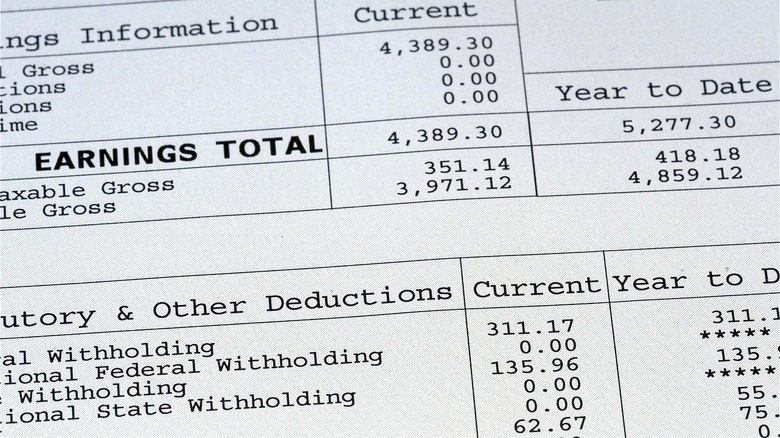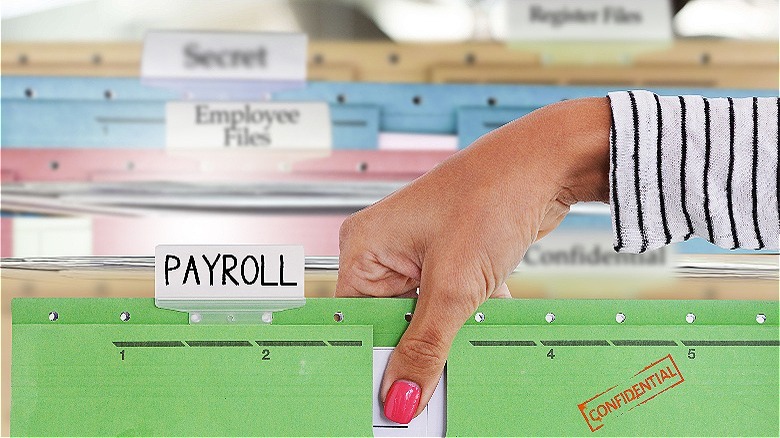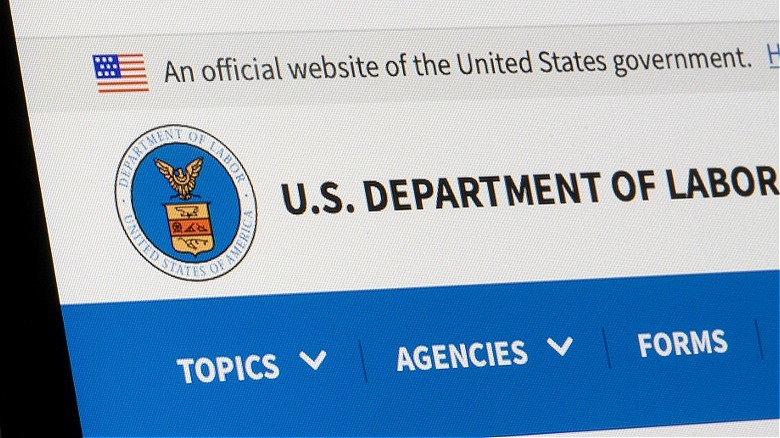What To Do If Your Employer Doesn't Pay You
Even if you have a job you love, you probably don't want to do it for free. After all, we work to earn the money we need to pay our bills (on time), as well as to buy the things we want and/or need, while also using that money to pay off debt, build an emergency fund, or save for retirement at some point in the future. When we take a job, we agree to do it for a set amount of money (whether it be a wage or salary), and the employer is obligated to pay us in accordance with the terms we agreed to and in compliance with the Fair Labor Standards Act, or FLSA, and any applicable state laws that regulate how employees are to be paid.
However, you could find yourself working for an employer that doesn't pay you as promised or fails to comply with wage and hour laws, such as properly paying for overtime. As a result, you could find yourself not getting paid all the money you've earned, or even not getting paid at all. Such issues can be honest mistakes but can also be deliberate or indicate a company is in financial trouble or pulling a job scam. No one wants to end up in the situation of not getting paid, so it's definitely a good idea to know what to do if it happens.
Reach out to either HR or payroll
If you don't get your paycheck as scheduled, or if any of the money your employer owes you isn't in your paycheck, your best first step is to reach out to the person in charge of your company's payroll. This may be the payroll manager, head of human resources, office manager, or business owner. The key is to start your resolution with payroll and ask your designated point of contact to help you figure out what happened and correct the error. If you're unsure who to speak with, look in your employee handbook. It should specify what to do if there's an error in a paycheck and how to report it. Be sure to document your efforts as well, such as by communicating with the point of contact in writing or following up all conversations with a confirming email.
Reporting a compensation issue internally will allow you to compare your records of the time you worked, your rate of pay, and other compensable items (such as bonuses, shift differentials, etc.) with the information used to calculate your paycheck. This will help you identify mistakes that may have impacted your pay and lay the groundwork to get them corrected. For example, if you didn't get a paycheck at all, it may be possible that you or your manager finalized your timesheet but forgot to submit it. Perhaps you were approved for a raise, but the paperwork didn't get to payroll in time.
Contact the Department of Labor
If after attempting to resolve your compensation issue internally with your company, you're still not paid what your company owes you, your next step would be to file a complaint with the Department of Labor. Before you reach out to the DOL to start the complaint process, however, take the time to gather records that verify your claim of unpaid wages, like past and current pay stubs, documentation of your efforts to resolve the matter, and specifics about what you're owed (but haven't been paid). If you're an hourly, non-exempt employee, be sure to include the dates you worked and the number of hours each day.
Once you've gathered your documentation, contact the local DOL office in your area to begin the complaint process. Alternatively, you can call the federal DOL at 866-487-9243. However, if you do, it'll most likely refer you to your local office. Once you connect with a DOL representative, they'll ask you some questions about what happened and determine if the matter is appropriate for them to investigate. The more documentation and information you can provide to them that substantiates your claim of unpaid wages, the more likely it is they'll move forward with an investigation that could, ultimately, lead to the employer being ordered to pay you (and other affected workers) the wages owed.


